Back to Courses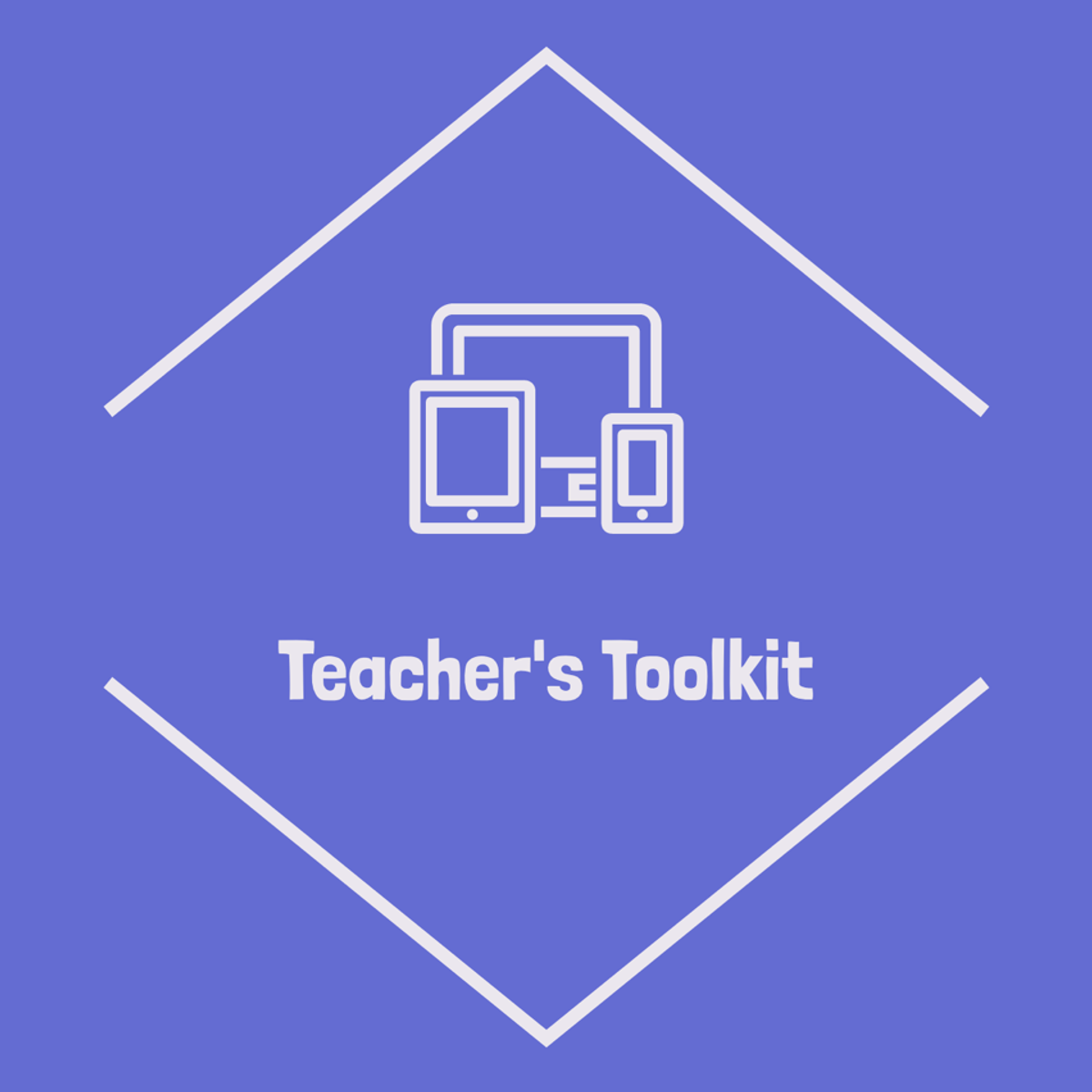
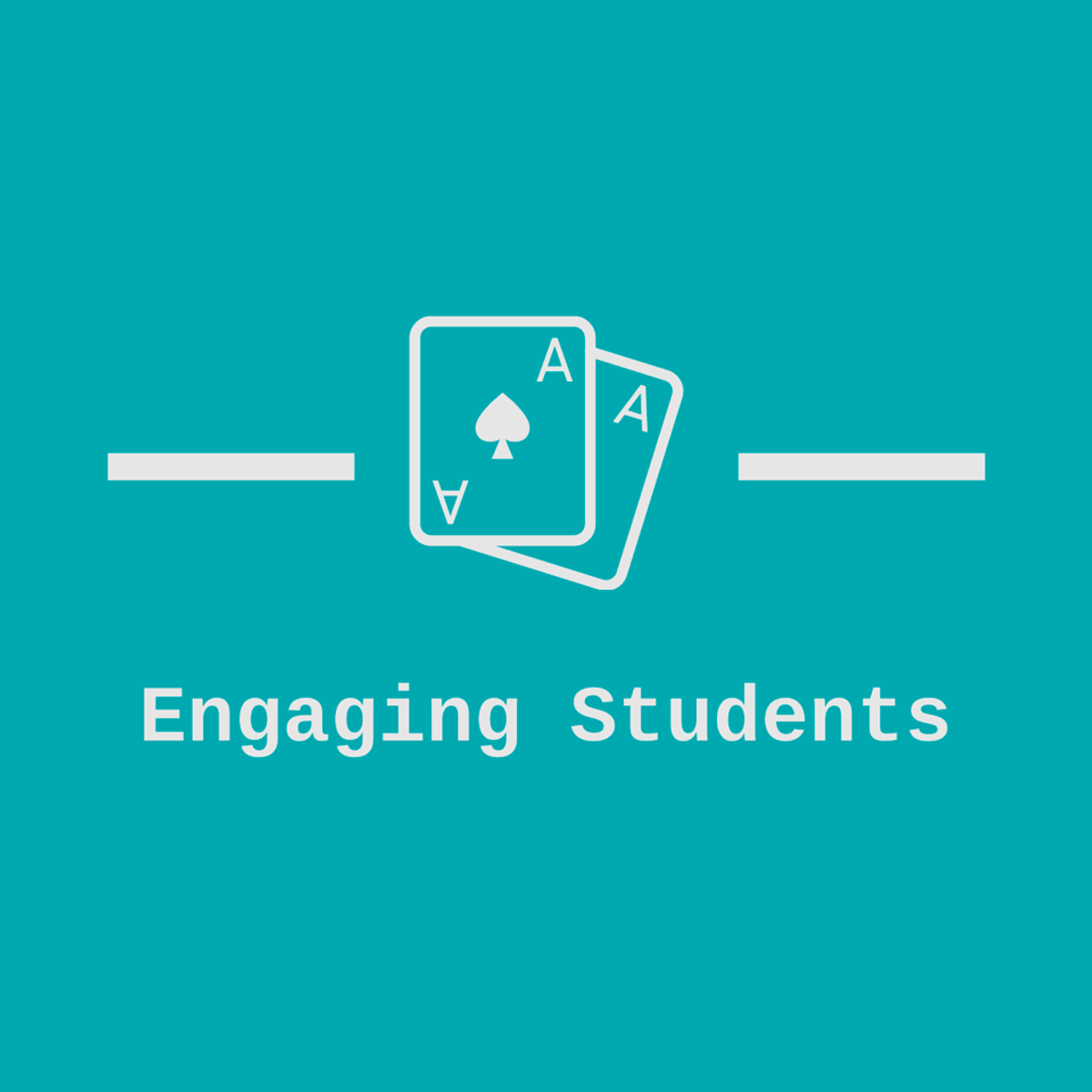
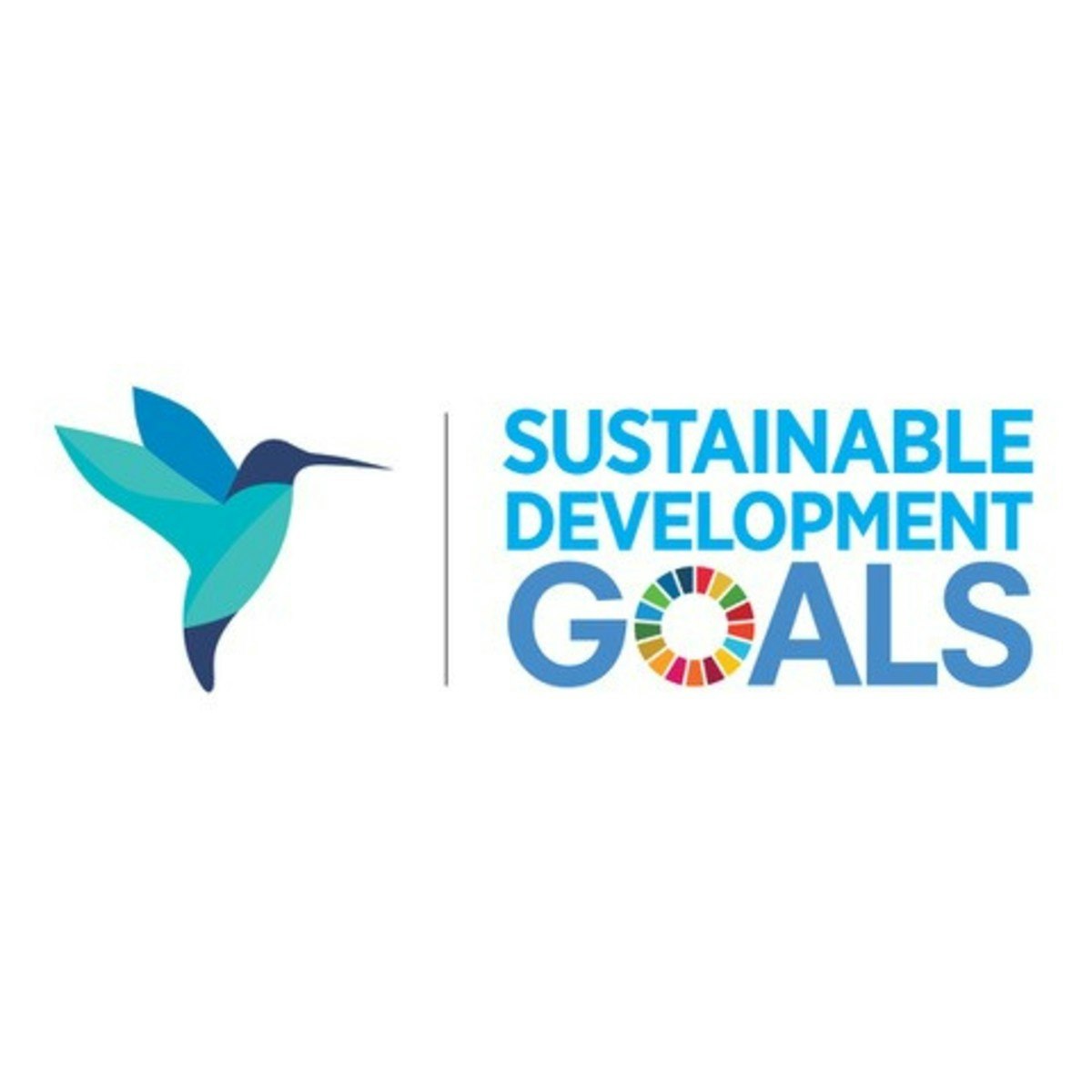
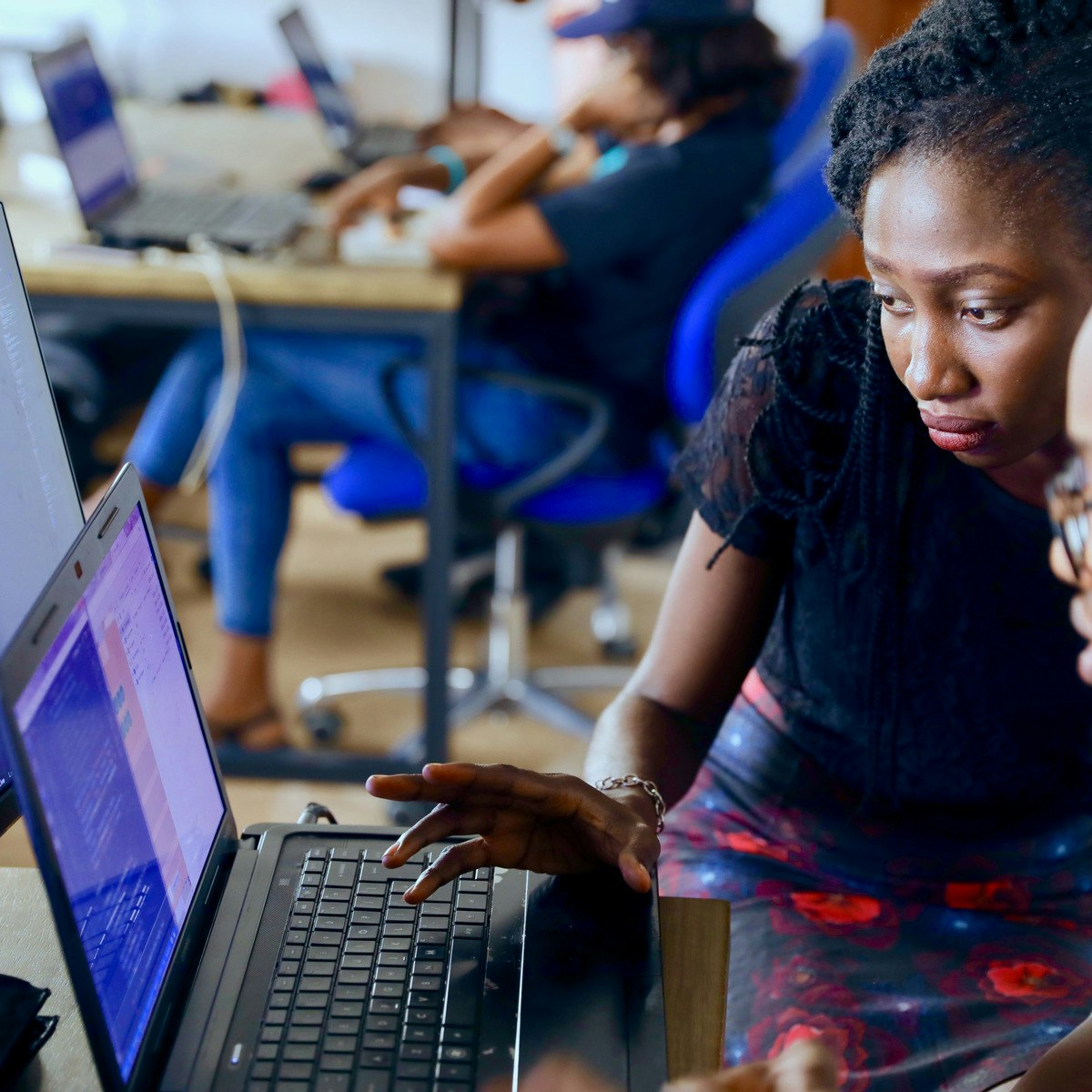


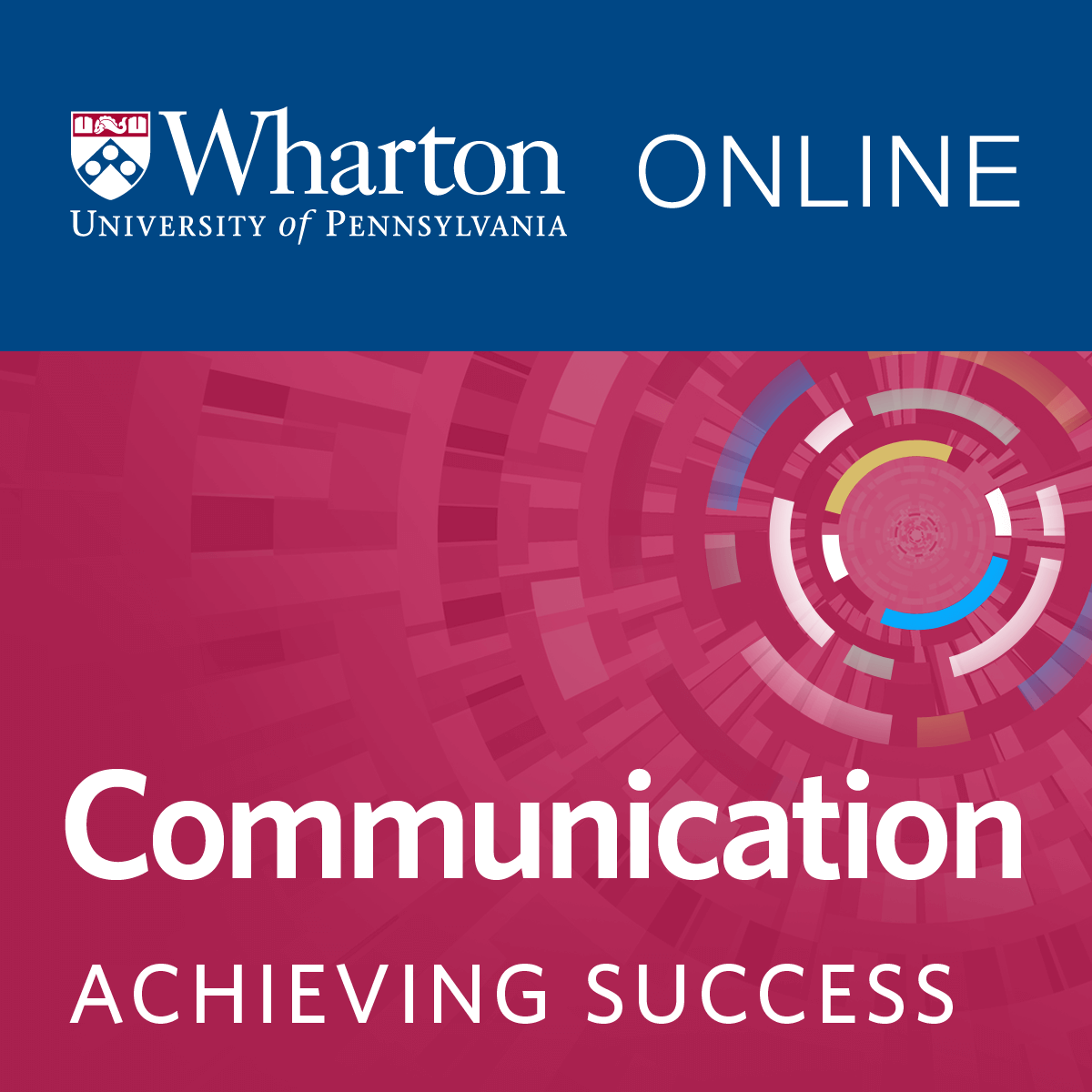

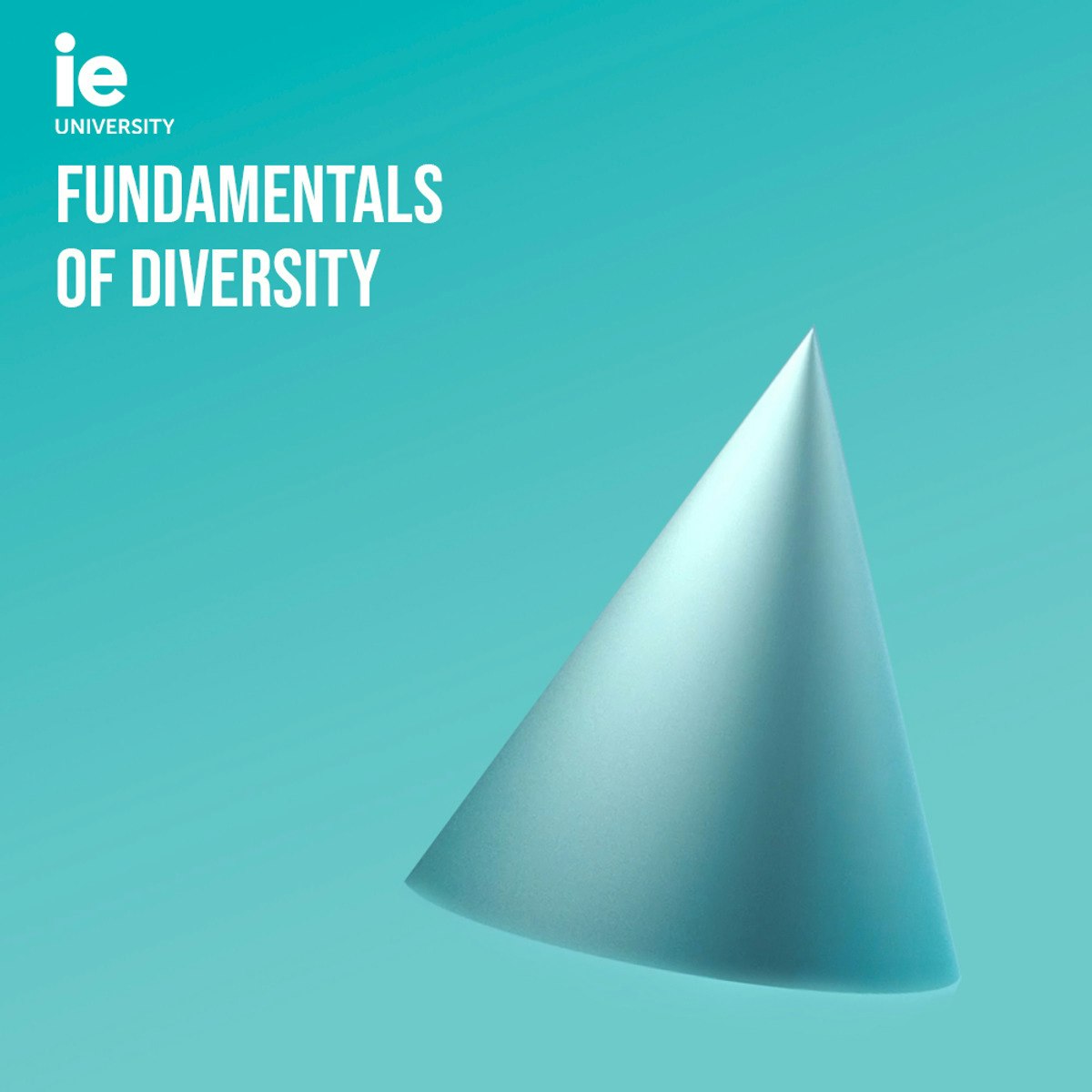

Personal Development Courses - Page 42
Showing results 411-420 of 514

Creating a Student Profile in Google Docs
By the end of this project, you will have created a Student Profile in Google Docs that will allow you identify student needs and differentiate instruction. We will work together to learn how to use Google Docs as we create a Student Profile template and complete it for a particular student you have in mind. You will be provided with additional resources that will help improve your teaching practice through identification of students needs and ensuring that the appropriate accommodations are put in place to support their academic growth.
Teaching is constantly changing. More than ever, it is essential that all teachers have a thorough understanding of the different needs present in their classroom. Once each student is more deeply understood, learning plans can be created to ensure that their school year is successful. This project will further equip you to meet the needs of your students.
*You will need a free Google account for this project.

Using Microsoft PowerPoint to Create a Choice Board
By the end of this project, you will have created a choice board to use with your class in person or virtually. Choice boards allow teachers to accomplish curriculum goals while providing students with greater freedom in how they accomplish those goals. Providing students with choice is one important way to provide them with a sense of ownership of their learning. They will feel that their voice matters and be more engaged in the task at hand through the opportunity to choose their activity. Choice boards also provide an engaging way to encourage practice virtually!

Driving business towards the Sustainable Development Goals
Extreme weather events, wars, famine and environmental destruction are just a few of the wicked problems faced by humanity.
That’s why in 2015 the United Nations adopted the 2030 Agenda for Sustainable Development. This agenda includes 17 Sustainable Development Goals (SDGs) that target the big challenges such as how to eliminate poverty, how to protect the environment and how to bring about peace. Every member state committed to achieving these goals by 2030.
What can businesses do to counter climate change and create a sustainable business culture? Why is this relevant for business anyway? Explore how business can contribute to a better future for people AND the planet without giving up profits.
This course has been developed by Rotterdam School of Management at Erasmus University (RSM). It focuses on the role of businesses in achieving the SDGs. You will gain insights from leaders of international companies and academics in business and management who will guide you through the issue of how businesses can contribute to the SDGs.
The course received a 'MOOC Award of Excellence' by the Sustainable Development Solutions Network and the SDG Academy in September 2019 (https://www.unsdsn.org/2019-sdsn-awards-of-excellence-winners-announced)
After completing this course you will:
• know what the SDGs are, why they are important and how each individual can be an agent for positive change in the world;
• understand the role of business in the transition to sustainable development to create a prosperous future for all;
• be able to identify interconnectedness of the SDGs and the challenges behind solving them;
• know how management insights can contribute to the SDGs;
• be able to evaluate the effectiveness of current business strategies in contributing to the SDGs;
• develop a positive, critical, aware and courageous attitude towards the SDGs.
The course consists of seven units, each focusing on several aspects of sustainable development and taking one week to complete.
You will study by watching videos, reading literature and by engaging in other activities such as weekly challenges.
Assignments will consist of quizzes, discussions with your fellow students, and challenges to implement in your daily life.
Are you ready to find out how you can be an agent for positive change? Register now!

Low Intermediate English: Technology
Living in the digital age means not only having a lot of technology, but talking about it a lot too. In this course, we’re going to focus on the technology and devices that we use in our daily lives. Learning activities in this course will take place on Voxy, an engaging language learning platform that automatically adapts to your current level and your performance across reading, listening, speaking, grammar, and vocabulary skills so that every lesson is optimized for rapid improvement.
Each week is made up of engaging, short, task-based lessons that can be done anywhere, anytime. Lessons include content from the real world, so you will learn from real conversations and emails between friends and colleagues exchanging information and assistance. By the end of the course, you should feel pretty comfortable discussing technology with friends and colleagues alike!

Action-Driven Business Plan: From the ‘Classroom’ to the World
"Action-Driven Business Plan: From the ‘Classroom’ to the World" is a capstone project, that requires you, our learner, to pull together all you will have learned in the three courses that comprise the "Startup Entrepreneurship" Specialization. This course is in fact the culmination of the process designed to provide you with the opportunity to demonstrate what you have learned on a real-world project of your choice.
During the following six weeks you will gradually create, improve and refine your business plan, moving from one milestone to another. Each week will begin with a short note from Prof. Maital, explaining what the current phase is about and providing you with points to consider while working on the assignments. We encourage you to practice what you have learned using the self-assessment practice quizzes and brainstorm with your peers in the weekly forums.
During the first week you will create a non-business plan as an initial step towards creating your business plan. In weeks two, three and five, you will be required to submit three assignments for peer evaluation, which will help you to prepare your final business plan. At the end of the course you will prepare and submit your completed business plan and an effective two-minute video describing your idea. Your business plan will include the following sections: The Need, the Product, Unique Features, The Market and Future Developments, a Gantt chart and a project budget.

Speaking and Presenting: Tact
To be an effective speaker you don’t need to overwhelm people with your intellect. You don’t need to dazzle them from start to finish. You simply need to give them the sense that what they are receiving was especially prepared with their interests and needs in mind. This course will help you develop the judgment and dexterity needed to craft a perfectly tailored message.

Improving Communication Skills
Learn how to communicate more effectively at work and achieve your goals. Taught by award-winning Wharton professor and best-selling author Maurice Schweitzer, Improving Communications Skills is an essential course designed to give you both the tools you need to improve your communication skills, and the most successful strategies for using them to your advantage. You'll learn how to discover if someone is lying (and how to react if they are), how to develop trust, the best method of communication for negotiation, and how to apologize. You'll also learn when to cooperate and when to compete, how to create persuasive messages, ask thoughtful questions, engage in active listening, and choose the right medium (face-to-face conversation, video conference, phone call, or email) for your messages. By the end of the course, you'll be able to understand what others want, respond strategically to their wants and needs, craft convincing and clear messages, and develop the critical communication skills you need to get ahead in business and in life.

Critical Thinking Skills for the Professional
Have you ever tried to find a solution to a problem only to realize you’ve been focusing on the wrong problem from the very beginning? Or you’ve proposed a solution only to have it shut down by your boss or coworkers? How stressful and defeating is that? With massive changes in our world that seem to create the most difficult of circumstances, both personally and professionally, your skills as a critical thinker and problem solver need to be further developed now more than ever.
By the end of this course you will have learned and memorized a practical model to solve problems on your own and with others. These 7 critical steps will ensure that you have looked at a problem from every angle and considered multiple solutions. In fact, this dynamic and holistic approach will help you solve problems once and for all!

Fundamentals of Diversity
In this course, we will arrive at the first port of our Diversity Inclusion and Belonging Journey, the Fundamentals of Diversity.
The course will provide you with the basic tools to be able to navigate diversity. The course will bring you an understanding of the fundamental categories of diversity , and will particularly focus on demographic diversity including gender, ethnicity, race, disability, aging or physical appearance. it will also help you to identify the challenges posed by diversity, and finally you will gain a working knowledge of how to manage diversity in organizations and teams.
This course is designed for all: students and young professionals, as well as older and senior professionals looking for a better understanding of what diversity is and the role it plays in the organization.

Innovation Career Lessons from a Master
This course, which is Part Three in the series of Startup Entrepreneurship specialization, offers Life Lessons from a Master Innovator, with proven achievements. During this course you will listen to conversations and interviews with Mr. David (Dadi) Perlmutter, who until recently was Executive VP of Intel corporate. Dadi will talk about 10 life lessons, based on his 34 years as a rebel innovator and entrepreneur.
We will share with you the following lessons:
Love and Knowledge are infinite: grow and share;
Learn from Failures and Successes;
Nothing Moves without a Vision;
Have a Differentiated Market Transforming Strategy;
Dare to Take Action;
Fight Resistance;
It is All About the Ecosystem;
Build a Team;
Keep it Simple and Work Hard.
By the end of the course the learner will:
* Know how to lead a process of innovation and implement ideas through all its phases from discovery to delivery in your own field of choice.
* Know how to apply creativity to generate creative ideas in a wide range of strategic management issues.
* Know how to solve problems in general, with a high degree of innovative creative thinking, to widen the range of possible choices
* Identify new and unfamiliar challenges and needs, reflect on them from a creative point of view (zoom in), decide on the
action they require (zoom out) and generate a novel and useful solution
* Transform ideas into real value-creating products, services and processes.
* Be able to analyze both success and failure and draw conclusions from both, for improving future innovative efforts.
* Be able to identify and create key features of innovative products and services and in doing so, generate strategically differentiated innovations that are unique
* Be able to present your ideas persuasively and overcome resistance.
* Know how to simplify a complex product and make it user friendly.
Course assignments will include participation in two discussion groups and four assignments. In each assignment you will be asked to deal with a question relating to an interview you have seen.
Popular Internships and Jobs by Categories
Find Jobs & Internships
Browse
© 2024 BoostGrad | All rights reserved